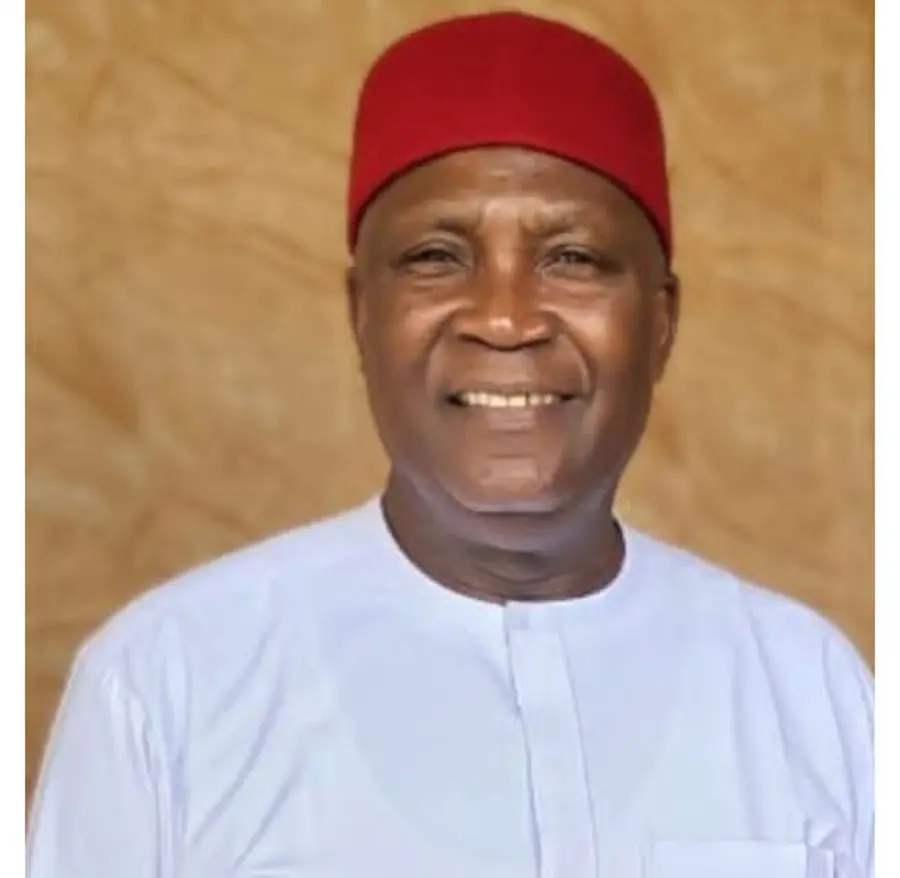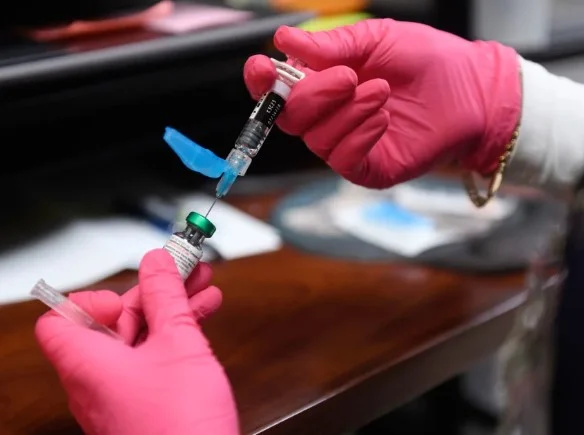Interviewing Mrs. Oghenefejiro Chinye-Nwoko, the Chief Executive Officer of Nigeria Solidarity Support Fund, sheds light on the challenging landscape of Nigeria’s healthcare system and the looming threat of an epidemic. Amidst poor funding and healthcare worker migration, the nation faces a crucial juncture in its ability to cope with public health crises.
Challenges and Achievements
The NSSF has made strides in supporting the National Primary Health Care Development Agency, particularly in the COVID-19 vaccination campaign. With a focus on reaching underserved communities, the NSSF has trained healthcare workers and advocated for improved healthcare programs, youth involvement, and substantial funding for the sector.
Tackling Healthcare Worker Migration
The brain drain of medical personnel poses a critical issue. Enhancing remuneration, welfare packages, and health financing are key to retaining skilled professionals. Establishing a robust data system to monitor healthcare worker distribution and health needs across the country is imperative for effective planning and resource allocation.
Boosting Healthcare Funding
To address funding challenges, Nigeria must increase budget allocation for healthcare, expand national healthcare schemes, invest in medical staff training, prioritize continuous education, and raise public awareness on healthcare practices.
Epidemic Preparedness
Despite efforts to improve readiness, Nigeria remains ill-prepared for a major epidemic. Sustained investments are necessary to enhance legislation, policy, financing, risk communication, and emergency preparedness to mitigate potential devastating impacts.
Research and Development
Nigeria’s health sector faces obstacles in research due to infrastructure limitations. Strengthening research capacities is vital for improving healthcare quality and emergency response capabilities. Initiatives like the Joint External Evaluations demonstrate the country’s commitment to enhancing health security.
The challenges faced by Nigeria’s health sector demand immediate attention and concerted efforts to safeguard public health and wellbeing. As the nation navigates uncertainties, robust strategies and investments are essential to fortify its healthcare system against future epidemics.
The Battle for Affordable Medicines in Nigeria: Government Strategies and Healthcare Advocacy
In Nigeria, the cost of medicines is a heavy burden on its citizens, particularly those managing various ailments. The government plays a crucial role in addressing this issue. There are two core factors influencing the high cost of medicines in Nigeria.
Firstly, the dependency on imports for both raw materials and finished products significantly impacts costs. The fluctuating exchange rate between the dollar and the naira leads importers to overestimate, thereby driving prices up. A stable exchange rate would lead to a decrease in commodity prices.
Secondly, the presence of multiple layers in the pharmaceutical system, especially the open drug market with unconventional distributors, adds complexity and increases prices. These market activities create artificial scarcity and drive up drug prices, potentially leading to an increase in fake and adulterated medicines.
To combat these challenges effectively, the government must streamline the pharmaceutical system by reducing hierarchies and eliminating unconventional distribution channels. Strengthening regulatory bodies like the National Agency for Food and Drug Administration and Control (NAFDAC) and the Pharmacy Council of Nigeria (PCN) is crucial in ensuring the quality and affordability of medicines.
Collaboration between NAFDAC and PCN to tackle fake drugs and adulterated substances can significantly reduce their prevalence. Moreover, a focused effort on promoting local drug manufacturing with active pharmaceutical ingredients production can lead to job creation and a more sustainable healthcare system.
In parallel, initiatives like the Nigeria Solidarity Support Fund are mobilizing resources through partnerships with private companies and businesses to support health programs, including vaccine access and awareness campaigns. By fostering collaborations and innovative approaches, these efforts aim to transform health outcomes for vulnerable populations.
Addressing vaccine hesitancy, particularly concerning vaccines like the Human papillomavirus (HPV) vaccine, requires a multi-faceted approach. Advocacy programmes such as Fireside Chats bring together experts to discuss health issues and solutions, encouraging public engagement and awareness. By partnering with the private sector, organisations like the NSSF can amplify their impact and promote vaccinations as a crucial aspect of public health.
Through ongoing advocacy efforts and initiatives like the Fireside Chats, Nigeria is striving to overcome economic challenges, improve healthcare governance, and enhance vaccine uptake. By fostering partnerships, driving innovation in healthcare, and advocating for sustainable health projects, the country aims to create a healthier future for all its citizens.



